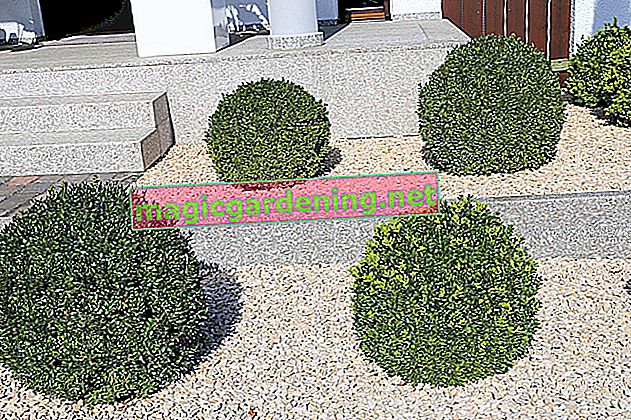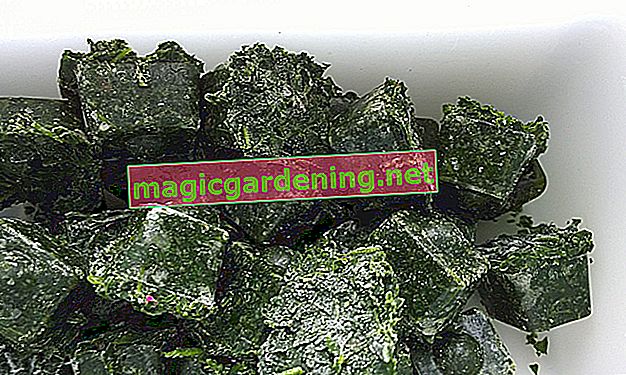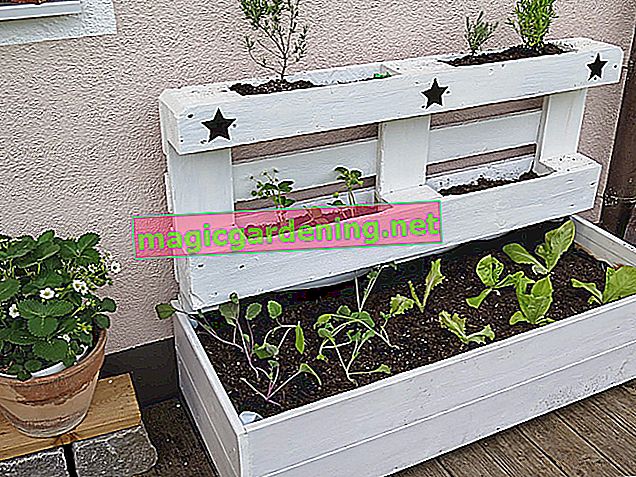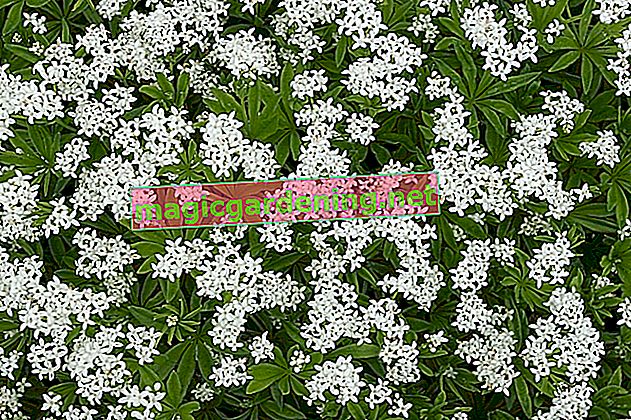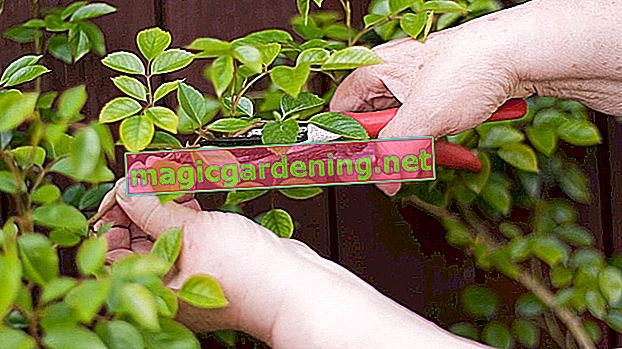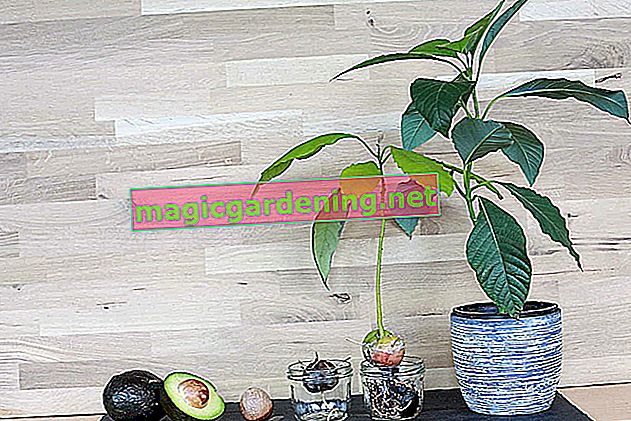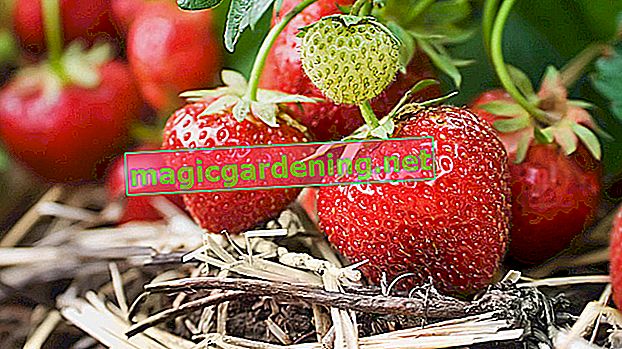
This is how healthy sprouts are
Cress seeds that have sprouted are considered true vitamin miracles. The proportion of vitamin C and various minerals is much higher than in the green cress leaves.
also read
- Propagating cress yourself - this is how you harvest seeds
- Fresh sprouts - can all types be frozen?
- Cress in the kitchen - enjoy raw and as a seasoning herb
As part of a healthy diet, cress sprouts therefore play an important role.
The rungs can be pulled yourself with little effort and are available all year round.
This is what you need for growing cress sprouts
- Cress seeds, if possible from organic farming
- A germinator
- Germination mat (cotton wool, kitchen paper)
- Alternatively, a glass, plate or something similar
- A towel
- Spray bottle for water
Sow cress sprouts
The cress seeds are not scattered too densely on the selected surface and moistened well with a spray bottle.
The seeds must be well moist, but must never swim in the water.
Cover the seeds with an air-permeable cloth. This not only protects against dust and animal hair, but also sucks for constant humidity.
Rinse frequently
Cress sprouts tend to ferment or go moldy if kept too wet. So it is important to keep the seeds neither too moist nor too dry.
If you rinse the sprouts with fresh water at least once, even better several times a day, mold growth, fermentation or the drying out of the seeds can be largely avoided.
Moisten the seeds and later the sprouts daily with a spray bottle and allow excess water to run off.
Consume sprouts quickly
You can harvest your sprouts after just a few days. Use them as soon as possible as they cannot be stored for long. If they take on a somewhat musty taste, you'd better dispose of them.
Tips & Tricks
If you don't have much time, pull your cress sprouts in a special cress sieve, which is usually mounted on a ceramic bowl. You can lift the sieve and rinse the roots of the sprouts without having to worry about giving too much or too little water.

